Harmful effects of MILK TEA (may shock you)
In recent years, milk tea has surged in popularity, becoming a beloved beverage for many around the world. With its enticing blend of tea, milk, sugar, and various flavorings, it’s easy to see why milk tea has captured the hearts (and taste buds) of so many. However, beneath its creamy exterior lies a beverage that may not be as innocent as it seems. While indulging in a cup of milk tea occasionally may not pose significant risks, regular consumption can have harmful effects on health.
What are the harmful effects of milk tea on health?
- High Sugar Content:
One of the most concerning harmful effects of milk tea is its high sugar content. Many milk tea concoctions are laden with added sugars, often in the form of flavored syrups, sweetened condensed milk, or sugar-laden powders. Consuming excessive amounts of sugar can contribute to weight gain, increase the risk of type 2 diabetes, and wreak havoc on dental health. Additionally, the rapid spike in blood sugar levels followed by a crash can leave you feeling fatigued and craving more sugar, perpetuating a harmful cycle of overconsumption.

- Calorie Overload:
In addition to sugar, milk tea can also be calorie-dense, especially when made with full-fat milk or cream. A large serving of milk tea can contain hundreds of calories, making it a significant contributor to daily caloric intake, particularly if consumed alongside meals or snacks. Excess calorie consumption can lead to weight gain and obesity, both of which are risk factors for numerous chronic diseases, including heart disease, stroke, and certain cancers.
- Potential Health Risks:
Beyond its impact on weight and metabolism, regular consumption of milk tea has been linked to various health risks. Some studies suggest that high intake of sugar-sweetened beverages, including milk tea, may increase the risk of metabolic syndrome, a cluster of conditions that include obesity, high blood pressure, high blood sugar, and abnormal cholesterol levels. Moreover, excessive consumption of caffeine, often found in tea leaves, can lead to insomnia, anxiety, digestive issues, and even heart palpitations in sensitive individuals.

- Chemical composition:
Another concern with milk tea is the presence of chemical composition, including artificial flavors, colors, and preservatives. While these additives may enhance the taste or appearance of milk tea, they can also have adverse effects on health. Some artificial flavors and colors have been linked to allergic reactions, hyperactivity in children, and long-term health risks. Additionally, preservatives used to prolong the shelf life of milk tea may have negative effects on gut health and overall well-being.
In conclusion, while milk tea may be a delicious treat enjoyed by many, but bad effects of drinking milk tea are undeniable. From its high sugar and calorie content to potential health risks associated with hidden ingredients, it’s essential to approach milk tea consumption with caution. By making mindful choices and opting for healthier alternatives, you can still indulge in the occasional cup of milk tea while prioritizing your health and wellness.

